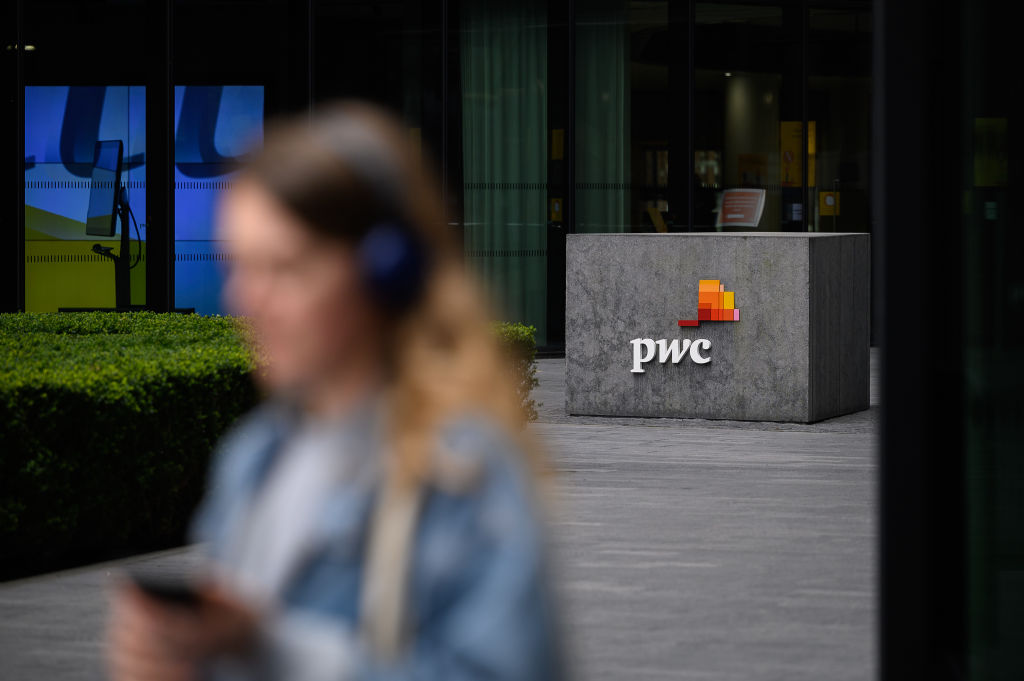The Great Resignation is back: Tech industry workers are underpaid, overworked, and fed up – and they're ready to quit all over again
After the disruption of the first Great Resignation, job hunting is high on the agenda for many – can AI help persuade them to stay?


More people are planning to change jobs currently than during the ‘Great Resignation’ period of 2022, with tech workers among those most likely to quit – but they’re not leaving simply because they’re unhappy with their current roles.
Over a quarter (28%) of the 56,000 workers surveyed by professional services firm PwC said they were ‘very or extremely likely’ to move on from their current companies. In 2023 that figure stood at 26%, and at 19% in 2022.
While the labor market may have cooled in many parts of the world this doesn’t mean workers are willing to stick with their current employers.
Employees in asset and wealth management (42%) and technology (39%) were more likely to say they would switch employers, while those in the public sector (17%) and healthcare (22%) were least likely, according to the survey.
Workers looking to quit aren’t necessarily miserable at work though. Of the employees who said they plan to switch companies in the next year, 56% revealed they are moderately or very satisfied with their current job while only 13% said they are moderately or very dissatisfied.
However, increasing workloads is a factor. Nearly half (41%) of those whose workload has increased the most said they are likely to switch employers. Some workers also said they felt overlooked or had missed out on opportunities because they didn’t know the right people.
But two-thirds said opportunities to learn new skills would influence their decision to a large extent.
Get the ITPro daily newsletter
Sign up today and you will receive a free copy of our Future Focus 2025 report - the leading guidance on AI, cybersecurity and other IT challenges as per 700+ senior executives
PwC UK’s global workforce leader Pete Brown said staff are placing an “increased premium” on organizations investing in their skills growth, calling for a greater focus on upskilling.
Sheila Flavell, COO at consultancy FDM Group said people are focusing heavily on “investing in themselves” and seeking upskilling and reskilling opportunities to improve their career prospects.
“That is especially true among Gen Z, who are a core part of the Great Resignation with 66% believing that job-hopping is vital for career progression,” she commented.
“Many workplaces are held back by out-of-date thinking and legacy technologies, but Gen Z can play a vital role in challenging the status quo and redefining the way we work through critical thinking and digital skills.”
What’s driving the next Great Resignation?
More broadly, PwC said the results of its survey painted a picture of a global workforce “caught between today and tomorrow”. It said that while workers are open to change, present-day pressures are clouding their vision of what the future could look like and how they could contribute.
More than three-quarters of respondents said they were ready for new ways of working, and said they were excited about opportunities to learn and grow.
But around half also noted there was too much change happening all at once – and that this has made them worried about their job security.
“Red flag alert: the risk of change fatigue and overwhelm in your workforce is high right now,” said PwC. The consultancy warned executives to keep an eye out for their middle managers, who are at particular risk of fatigue.
“Although it’s important to cultivate resilience across the entire organization, senior leaders should assist middle managers, in particular, to help develop resilience themselves and foster it within their teams," the report warned.
"These critical employees often bear the brunt of organizational pressures and need to navigate complex situations while maintaining their own well-being."
How enterprises can combat this looming mass exodus
One way to save workers from overload may be to increase the use of automation and AI, the survey suggested.
But PwC found adoption of generative AI in the workplace is limited. Around 37% of workers said they had never used it while 25% said they had used it ‘once or twice’.
Another 8% said they used it monthly, 16% weekly - and 12% said they used it daily.
However, the PwC report noted that “people can’t use what they don’t have”, and found that more than one-in-ten of the workers who have not used generative AI at work say their employer does not allow the use of AI tools. Nearly a quarter said their employer hasn’t given them access to generative AI.
RELATED WHITEPAPER

Despite this, around three-quarters of workers said they thought generative AI would create opportunities for them to learn new skills and be more creative at work. Just under half worried that generative AI would change the nature of their work in a negative way.
Almost half of the surveyed workers expect that incorporating generative AI into their work will lead to higher salaries, and about two-thirds hope it will improve the quality of their work.
Sridhar Iyengar, managing director at Zoho Europe said the Great Resignation forced many organizations to reevaluate both recruitment strategies and talent retention tactics.
If another wave of resignations were to occur on the same scale as previously, this could be highly damaging for enterprises globally and as such business leaders should look to combat fatigue and brain drain in the year ahead.
“The Great Resignation has put the employee in the spotlight, shifting the balance of power in the workplace and urging businesses to focus on recruitment and retention,” Iyengar said.
“Employees expect businesses to not only offer competitive salaries but to provide the right tools for them to achieve their goals more easily.”
Steve Ranger is an award-winning reporter and editor who writes about technology and business. Previously he was the editorial director at ZDNET and the editor of silicon.com.
-
 Geekom Mini IT13 Review
Geekom Mini IT13 ReviewReviews It may only be a mild update for the Mini IT13, but a more potent CPU has made a good mini PC just that little bit better
By Alun Taylor
-
 Why AI researchers are turning to nature for inspiration
Why AI researchers are turning to nature for inspirationIn-depth From ant colonies to neural networks, researchers are looking to nature to build more efficient, adaptable, and resilient systems
By David Howell
-
 Productivity booms in sectors driving AI adoption, prompting a surge in upskilling efforts
Productivity booms in sectors driving AI adoption, prompting a surge in upskilling effortsNews Industries most exposed to AI see flagging job openings as demand for AI skills heightens
By George Fitzmaurice
-
 PwC UK partners with Quantexa to drive automated decision making
PwC UK partners with Quantexa to drive automated decision makingPwC will leverage Quantexa’s Decision Intelligence Platform to provide clients with a “360-degree view” of companies they do business with
By Daniel Todd